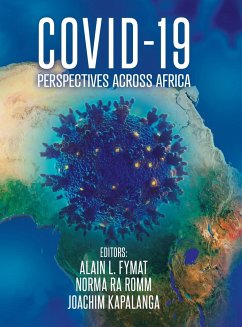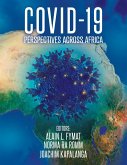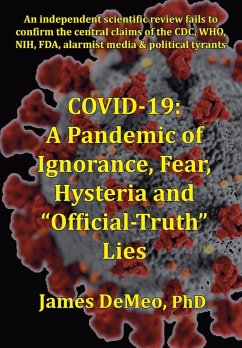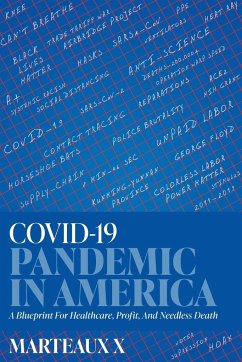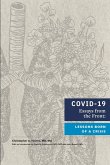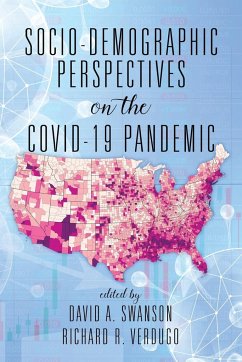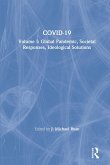Human history has been befallen by a long chain of famines, epidemics, and pandemics. During this current COVID-19 pandemic, our world remains under-prepared to predict, detect, respond, prevent infectious disease outbreaks, and a fortiori pandemics-whether naturally occurring, accidental, or deliberately released. These threats endanger lives, disrupt families and societies, and wreak havoc on economies. They represent the ultimate equal opportunity condition! They do not respect national boundaries, do not discriminate between different ethnicities, religions, social or economic status or even age, and can spread rapidly, jeopardizing the health, security, and prosperity of all world countries. Indeed, physical distance alone no longer provides protection as pathogens can move from one point on Earth to almost any other place in the world within less than 36 hours! Yet, the cost of failing to control outbreaks, ruining and losing lives, destabilizing the social fabric, and decimating economies is considerably greater than the cost of prevention. It is therefore in each country's security interest to strengthen global health security and manage the risk of infectious disease outbreaks that might further develop into full-blown pandemics. Having hosted several variants of the original causal coronavirus, this global warning applies particularly to the African continent where health security needs particular highlighting, multidisciplinary engagement and multisector coordination need strengthening, and financial preparedness is direly needed. Against this background, COVID-19 was naturally selected as the main theme for the 2020-2021 SASA International Conference that was jointly co-hosted by the Society for the Advancement of Science in Africa, the Uganda Ministry of Health, and other partners (World Health Organization). This volume encapsulates a range of perspectives and associated recommendations. The health as well as socio-economic challenges glaringly manifested by the pandemic are discussed for preparation and control to render African societies more resilient, including response and treatment to meet the African contexts; education and transformation to address poverty concerns; envisaging and shaping new futures to cater for a more holistic and inclusive wellbeing; and adoption of scientific innovation to meet future demands for disease control.
Hinweis: Dieser Artikel kann nur an eine deutsche Lieferadresse ausgeliefert werden.
Hinweis: Dieser Artikel kann nur an eine deutsche Lieferadresse ausgeliefert werden.

